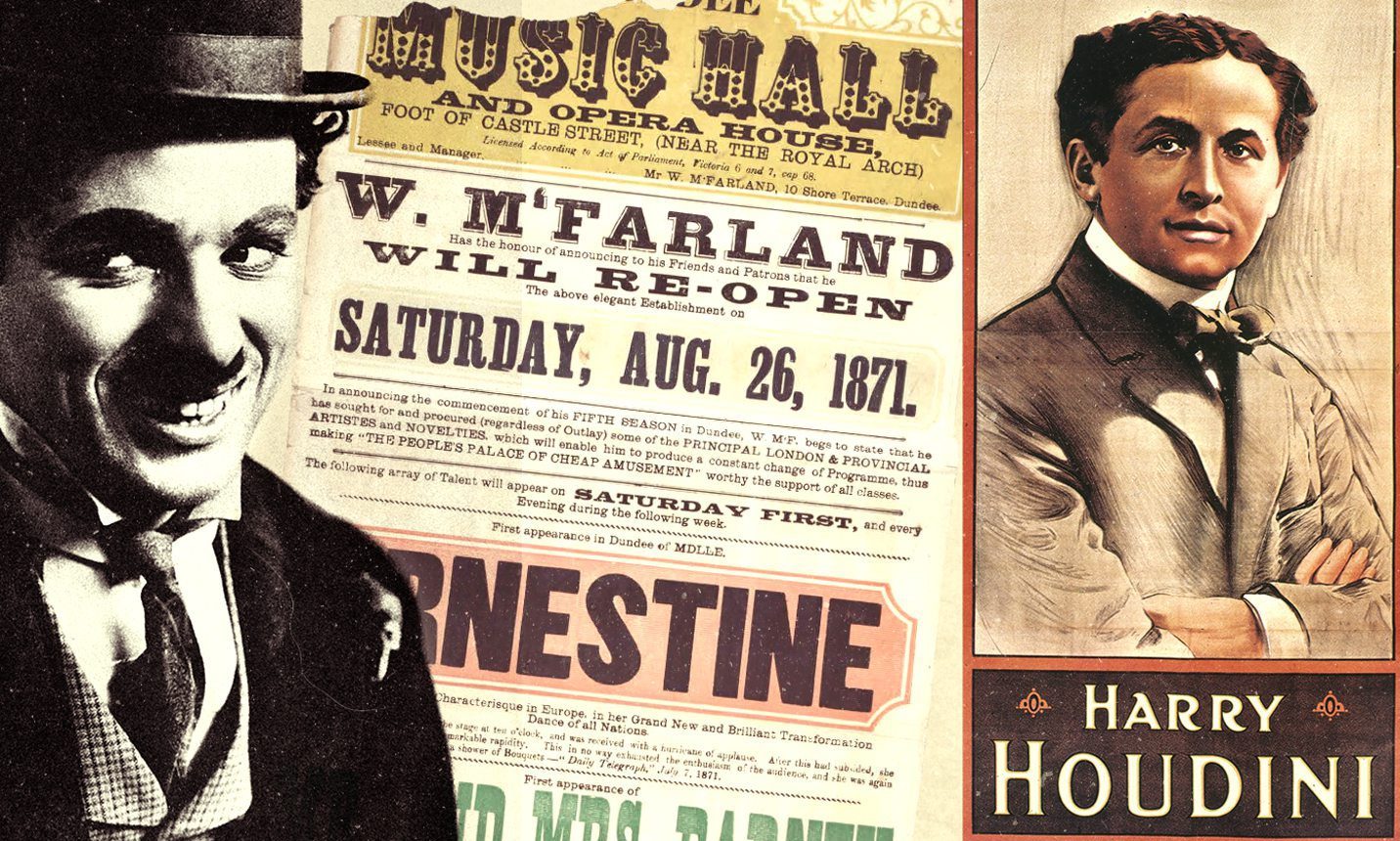
Rare posters will bring to life the music hall era when Dundee theatres played host to the greatest names in showbusiness.
Music hall was the people’s theatre.
The audiences were raucous and rowdy and the atmosphere filled with the odour of stale beer, black tobacco, jute mill stoor and fish and chips.
A-listers trod the boards in places like the Gaiety, the King’s and the Palace.
A new exhibition which opens at the Wellgate Library on Thursday will shine a spotlight on the forgotten stories of these halls and their performers.
A collection of rare posters will be on display covering the peak period of music hall from the 1840s through to the outbreak of the First World War.
They provide a fascinating insight into the type of entertainment that Dundonians enjoyed in the mid to late 19th Century.
It was rough and tough in manner and material.
Those were the days of Marie Lloyd who was known for her innuendo-laden songs such as Oh You Wink the Other Eye and A Little of What You Fancy.
A high wire trip to the railway station
Dr Billy Rough from the University of St Andrews is one of the curators of the exhibition after striking upon the idea during the global pandemic.
Dr Rough said: “In Dundee, a vibrant history of music halls once flourished, with several iconic city structures serving as venues.
“Though their original purpose may have been overshadowed by subsequent transformations into cinemas and bingo halls, their contribution to the city’s cultural tapestry remains significant.”
One of the earliest was the Alhambra Music Hall in East Dock Street which welcomed nearly 3,500 visitors on the opening night on March 24 1866.
Dr Rough said one of the more unusual acts took place just outside the Alhambra in June 1866.
The trapeze artist Madame Hassan set up a line extending from a small door in the front gable of the hall to stout poles at the Dundee to Arbroath railway terminus.
The line stretched for almost 80 feet and was around 40 feet from the ground.
After taking a few, faltering steps, Madame Hassan dramatically cancelled the attempt due to the high wind rattling along East Dock Street, much to the displeasure of the large crowd who had gathered to watch the spectacle.
George Leybourne, whose famous song was Champagne Charlie, also performed at the Alhambra in March 1867.
From the Nethergate to Hollywood
Probably the most famous name associated with Dundee’s music halls is that of local boy Will Fyffe who was born on Broughty Ferry Road in 1885.
He wrote the song I Belong To Glasgow and had a long and successful career in the music hall before finding cinema stardom in Hollywood in the 1930s.
Other famous film stars also graced Dundee’s music hall stages before going on to become household names in Tinseltown.
Charlie Chaplin performed at the People’s Palace in 1899 when he was 10 as a member of the clog dancing troupe The Eight Lancashire Lads.
He returned in 1903 playing the part of Billy in Sherlock Holmes before appearing with Fred Karno’s comedy sketch troupe in The Football Match in 1908.
Chaplin’s prolific work rate, fertile imagination, acrobatic artistry and ability to bring a tear to a glass eye, made him one of Hollywood’s most stellar figures.
Stan Laurel performed at the People’s Palace in 1908 and was enthused by the reception which he and the repertory company received from the public.
In December 1909, shortly after Christmas, he played the King’s, in two Fred Karno Company sketches and colleagues later recalled how he worked feverishly on fine-tuning and refining his performances.
The world’s most famous escapologist
Even the local football teams were involved too.
Sir George Robey was known as the Prime Minister of Mirth.
He arrived in February 1909 to perform two shows at the Gaiety and took time out to play in a charity match at Dens Park and scored four goals.
He was captain of the Dundee XI in a 5-0 win against the Dundee Half-Holiday League Select with George Langlands also getting on the scoresheet.
Sir George went on to play at the Gaiety where a sell-out crowd watched him perform his famous songs including the Lion Tamer, Queen Bess and Shakespeare.
Harry Houdini was greeted by huge crowds when he arrived in June 1909.
Houdini jumped from a bridge into Earl Grey Dock locked in handcuffs and shackles to attract audiences to his forthcoming shows at the King’s Theatre.
A few seconds later he appeared on the surface free from his chains.
A Courier reporter who saw Houdini after the dive was informed the release was the quickest escape he had yet accomplished.
Another piece of Dundee’s history vanished when music hall gave way to cinema.
The majority of the buildings are long gone.
The Palace was destroyed by fire on the morning of October 11 1977.
Out of the smouldering ruins came memories of the greats who played there.
The Gaiety became the Victoria Theatre and was demolished in August 1990 after suffering severe structural damage in a fire in 1989.
Music hall posters ‘a window’ into Dundee history
Several of the old hall buildings still exist like the King’s and Springthorpe’s.
Dr Rough worked on the exhibition alongside Ombeline Picat and Nicole Entin from the University of St Andrews and Dr Erin Farley from Wellgate Library.
“It’s been really enjoyable working with the University of St Andrews to bring this part of our collections to a wider audience,” said Dr Farley.
“The music hall posters are a real window into Dundee’s creative history.”
Dr Rough said many of the original buildings may have vanished but the essence of the halls remains.
He said: “In the 19th Century, music hall reigned as the paramount form of theatrical entertainment in Britain but by the early few decades of the 20th Century its popularity was in decline – challenged by radio, cinema, and even television.
“But at its peak Dundee was home to several prominent halls and its residents were keen to enjoy the songs, dances, acrobats, and comedians who stepped on their stages.
“The widespread popularity of music hall offers valuable glimpses into the cultural fabric of the past, leaving behind a legacy still felt today.”
- Remembering Dundee’s Music Halls opens on April 25 with a free talk from Alison Young of the British Music Hall Society and will run until the end of May.
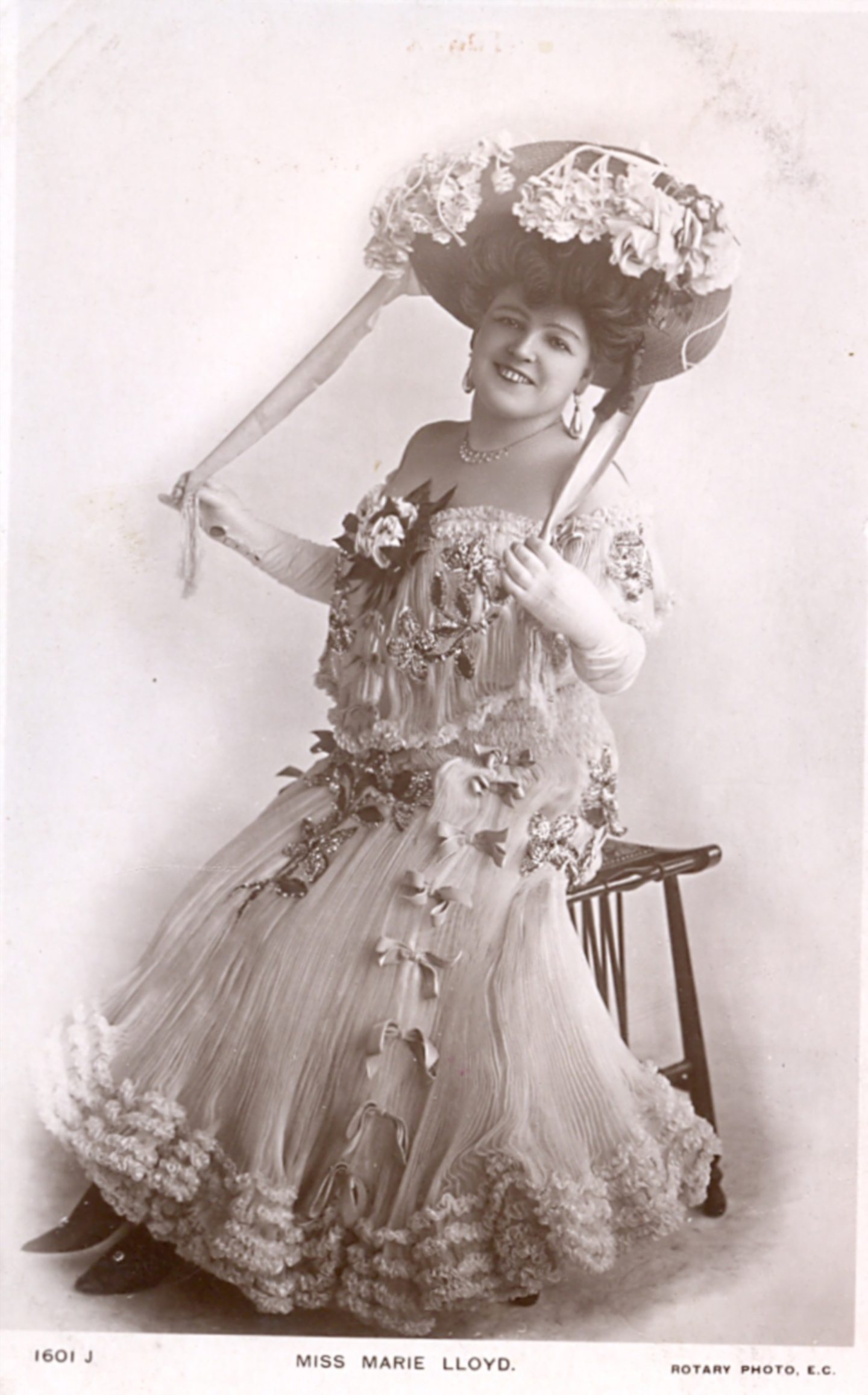

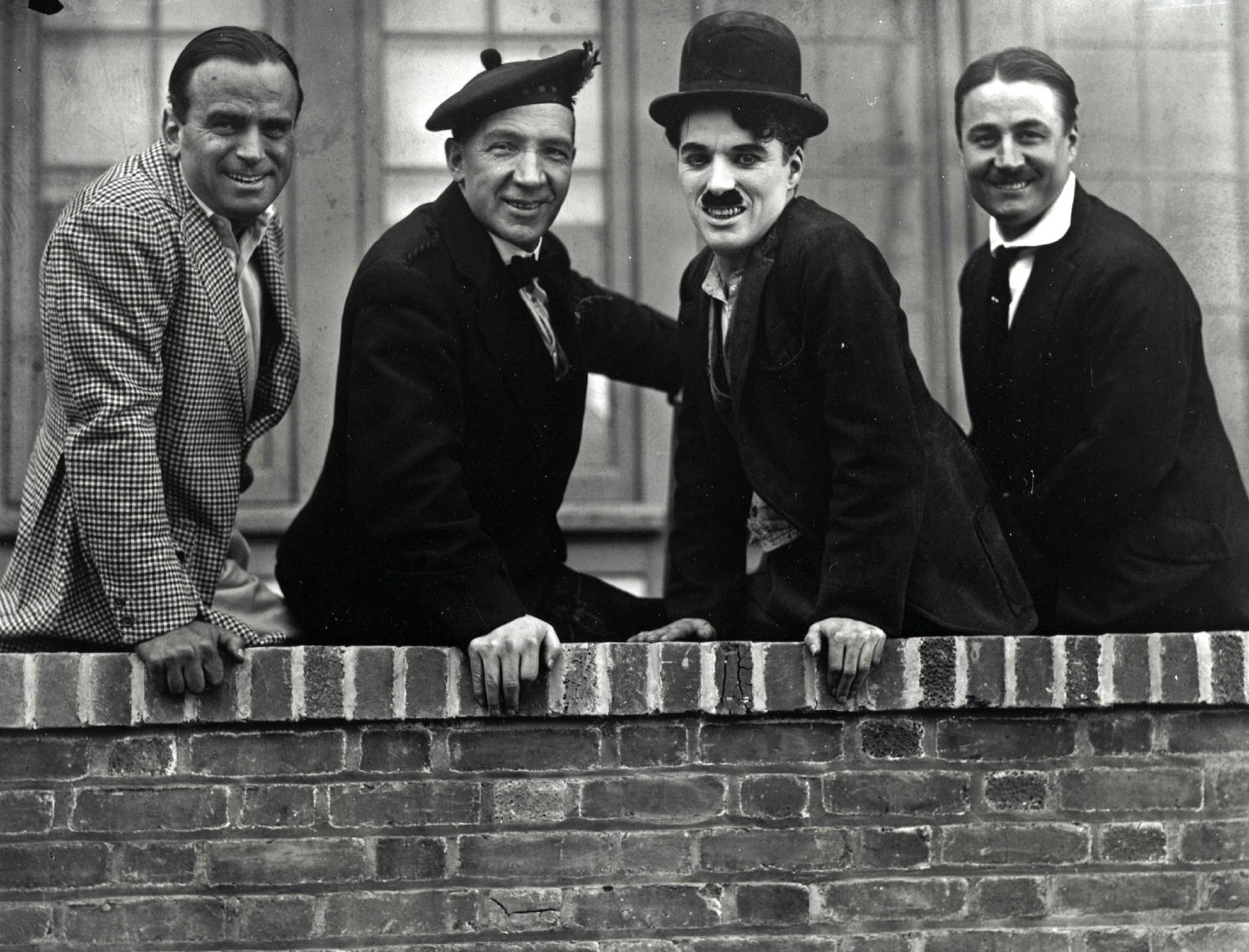
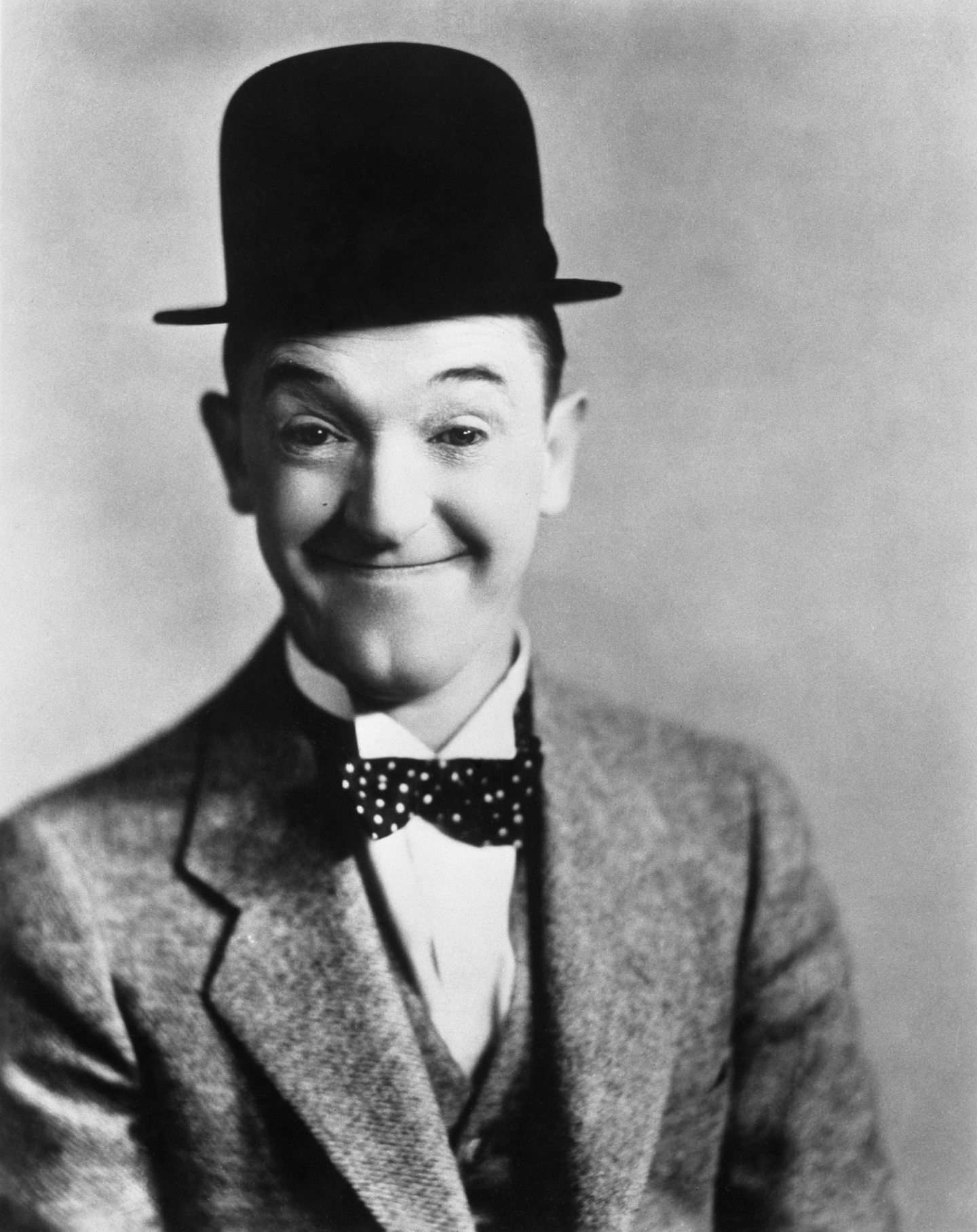
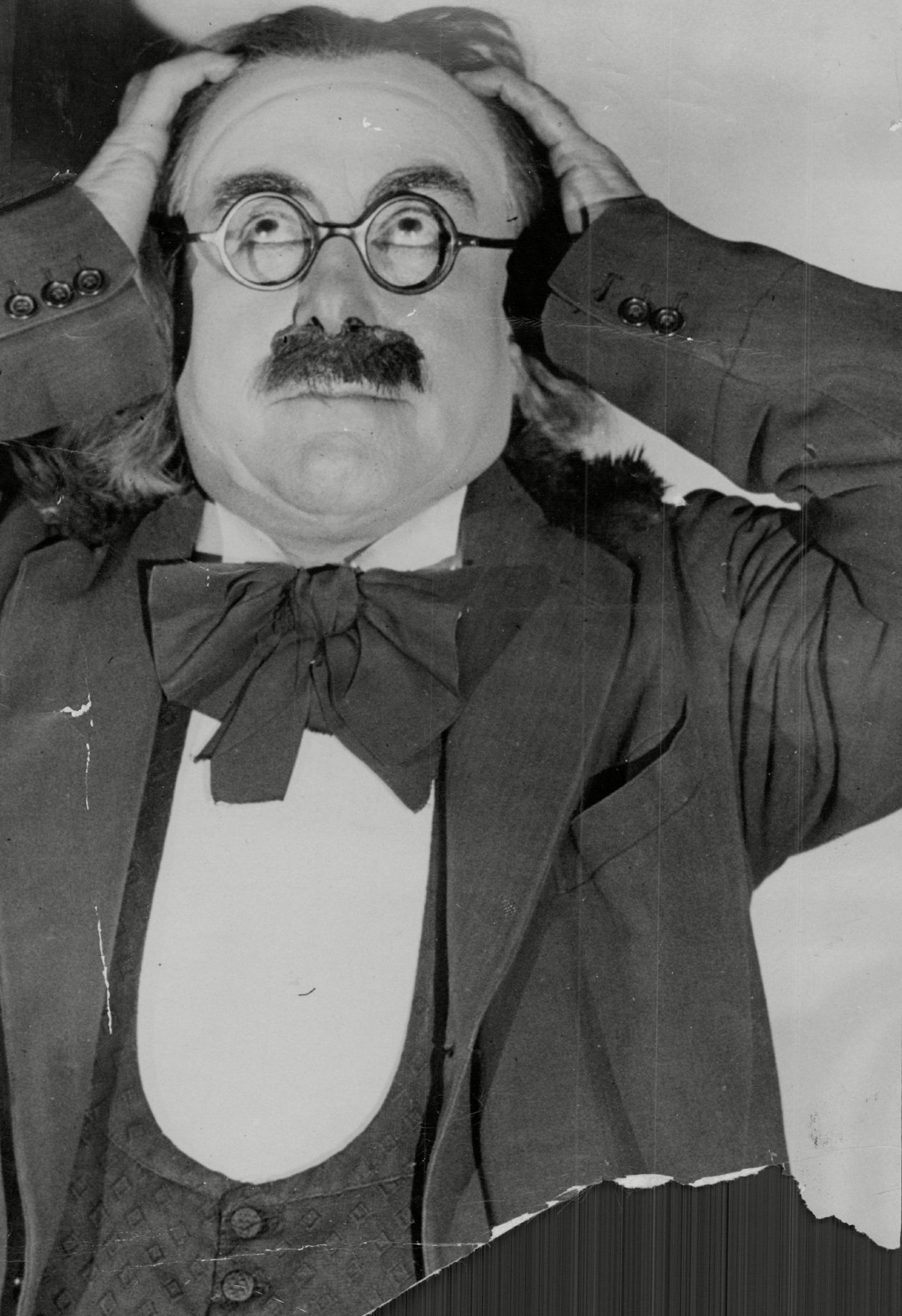

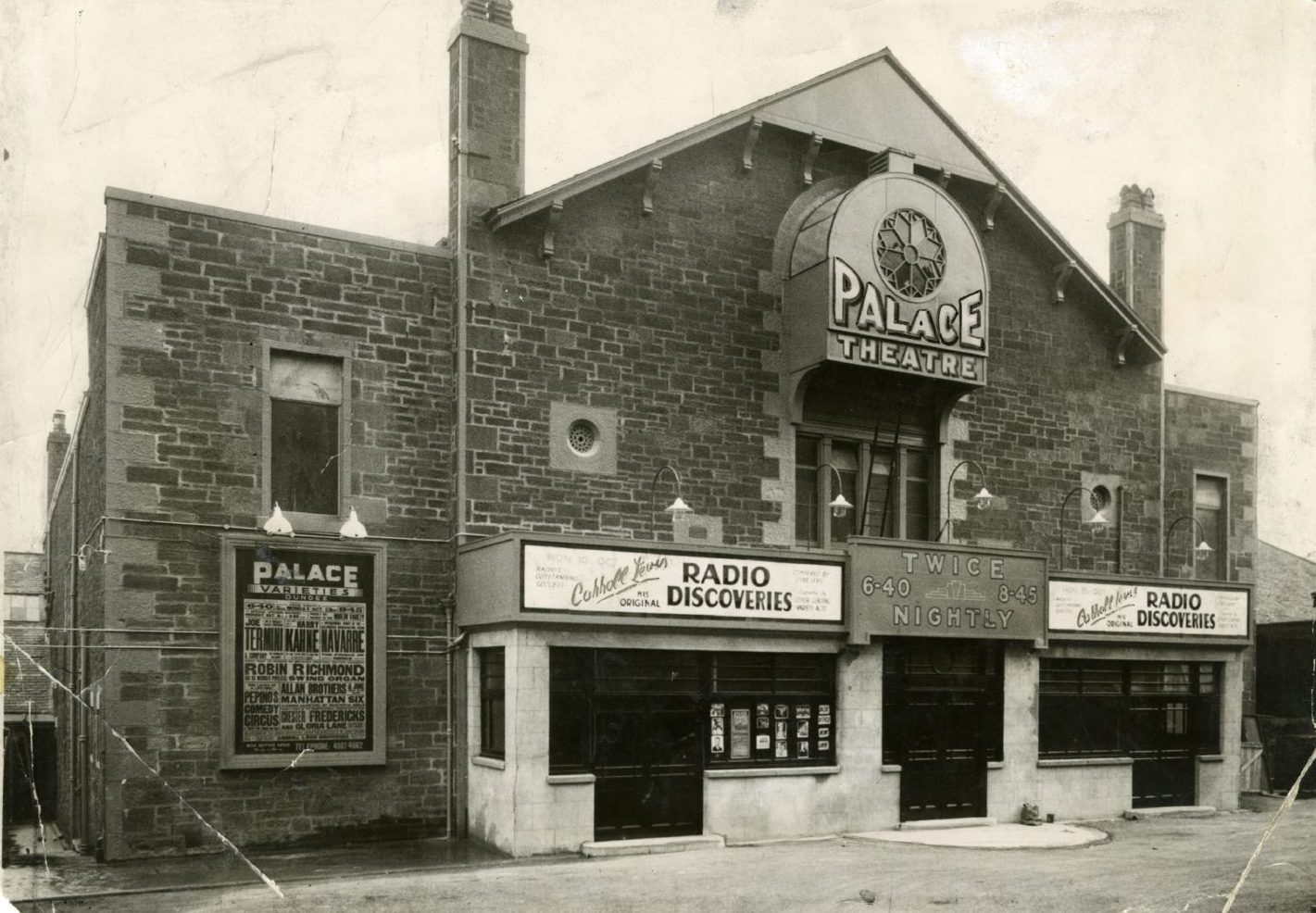
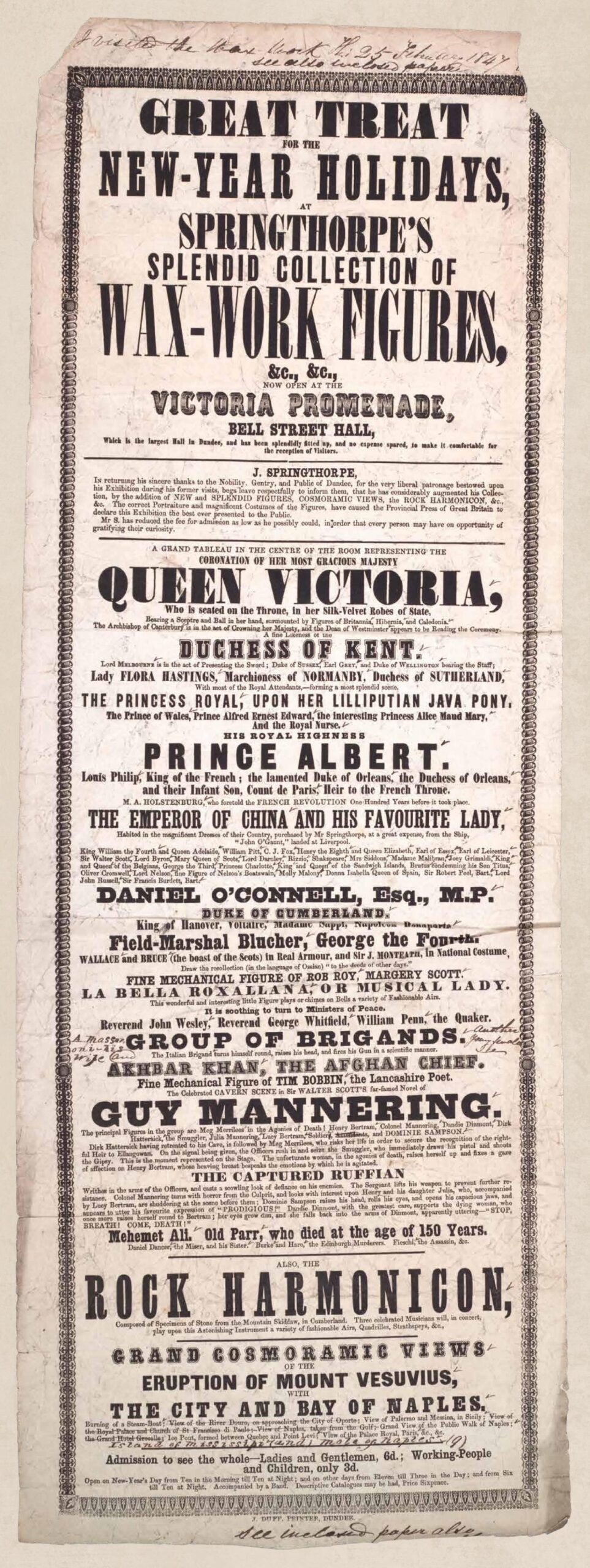
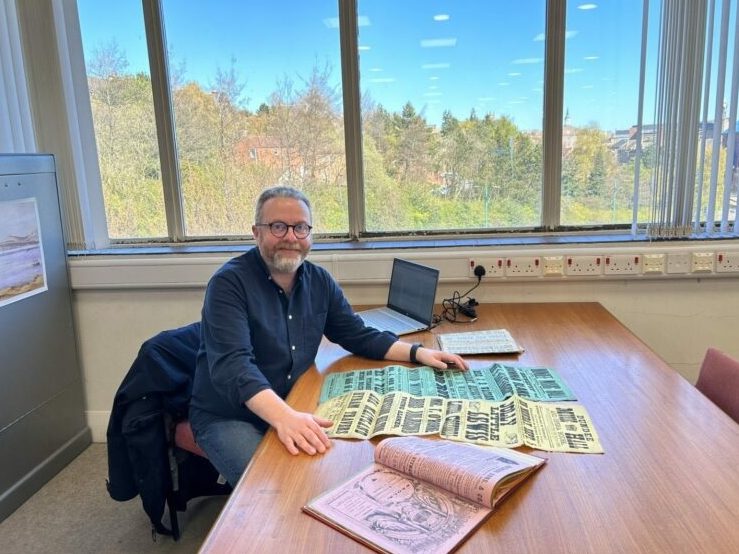
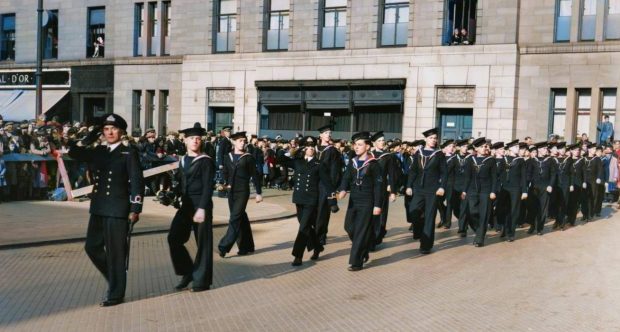
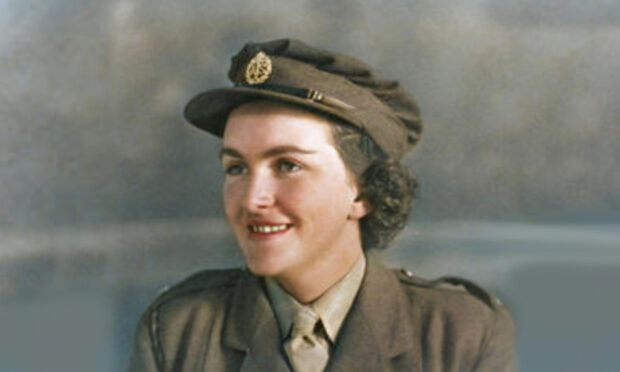
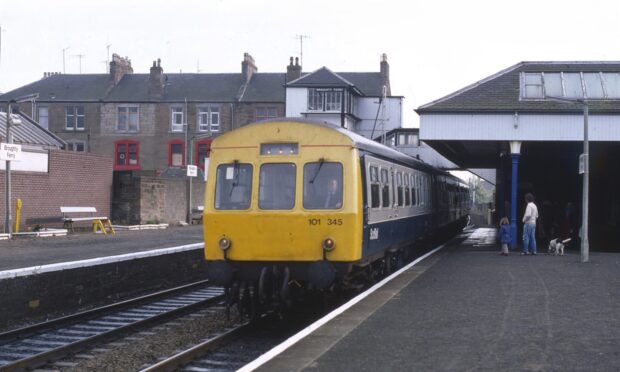
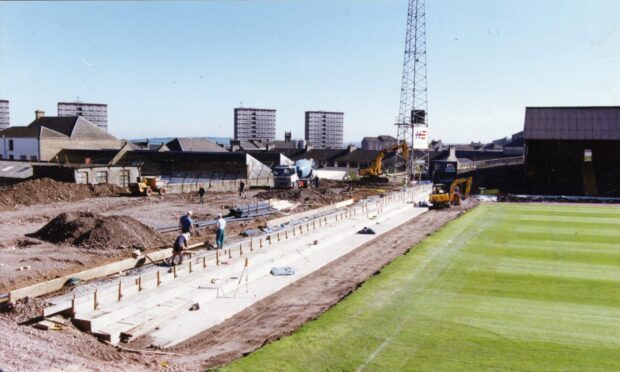
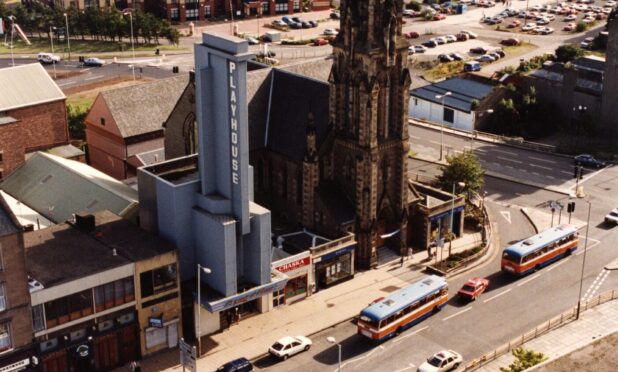
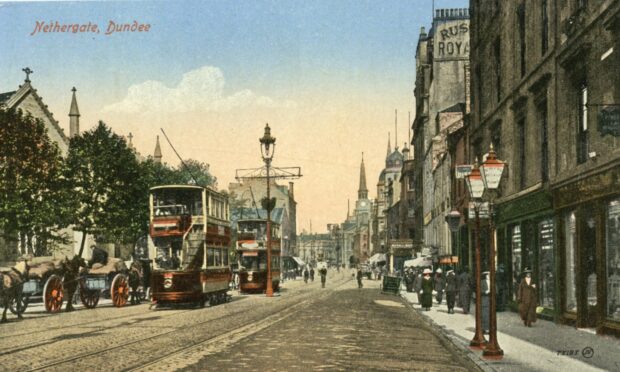




Conversation